Archive for February, 2016

A response to Chuka Umunna: The dominant equality issues of today need to be understood in terms of economics, interests and class
Sean Swan recently wrote an article for Democratic Audit in which he argued that the concept of class is absent from contemporary UK political debate, even though inequality in Britain is reaching new heights. Chuka Umunna, who was quoted in the piece, responded. Here, Sean continues the debate, and argues that the dominant equality issues of today […]
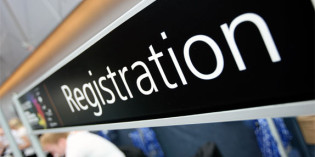
An open letter to the Government: The UK is facing a silent democratic crisis
The UK is facing a “silent, growing crisis in our democracy” with millions of people missing from the electoral register, David Cameron has been warned, in a letter from more than 50 politicians, academics and campaigners this week. Below is the full open letter that was sent to the Prime Minster and published in The […]
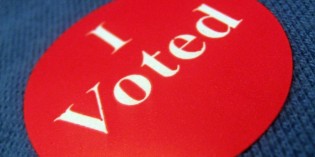
Studies of turnout as a ‘habit’ seem to overestimate the significance of self-perpetuation of electoral participation
Electoral participation is frequently discussed as a ‘habit’ formed during a citizen’s young adulthood but there is debate over how this develops. In a recent study, Maciej A. Górecki explored the mechanism that lies behind the process of ‘habit formation’. His findings challenge ideas that voting habits are shaped by early experience of participating in […]

Freedom of movement is not simply an economic good, but a bulwark against oppression
Freedom of movement is frequently posited as an economic good, writes Floris de Witte. But it is much more than that. It allows Europeans to pursue a way and quality of life that simply may not be possible in the state where they were born. And in curbing the capacity of domestic politicians to scapegoat and […]
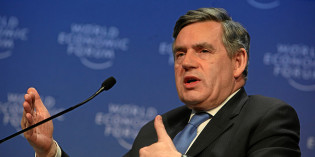
Political parties do represent their voters, but the degree of representation varies across issues and parties
Politicians are frequently castigated as being ‘out of touch with voters’, with populist movements of both the left and the right prospering in recent years at least in part due to this perception. But how valid is it? Russell Dalton looks at European political parties and in his study found that, on the whole, political […]

The junior doctor contract: The BMA must pick up the pieces and move forward
The latest episode of the four year battle between the Government and the British Medical Association (BMA) serves as stark reminder of the loneliness of ministerial office. But, argues Tony Hockley, in the end the buck really does stop with the Secretary of State. If the BMA works with the Health Secretary they could make further progress on […]
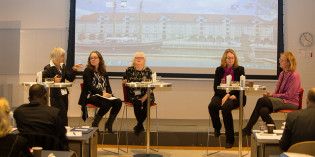
In a world in which ‘everyday sexism’ remains rife, progress on gender discrimination will require quotas
As our recent Audit of Democracy post by Sonali Campion and the DA team showed, the UK continues to exhibit large disparities in power and representation between men and women. Here, Nicola Lacey of the LSE’s Commission on Gender, Inequality and Power shares findings from the commission’s final report, and recommends that quotas – particularly when […]

Book Review: Campaign Finance and Political Polarization: When Purists Prevail by Raymond J. La Raja and Brian F. Schaffner
Is there too much money behind US political campaigns or is it more a question of where the money flows? In Campaign Finance and Political Polarization: When Purists Prevail, Raymond J. La Raja and Brian F. Schaffner present their argument in favour of giving more, rather than less, money to political parties in order to reduce […]
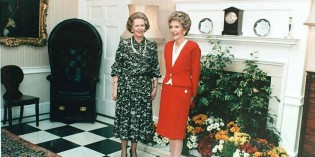
The Eurosceptic invocation of the ‘Anglosphere’ rests on ideological, not sound geopolitical, foundations
The UK’s referendum on our continued membership of the European Union is set to take place later this year, following the Prime Minister’s now concluded renegotiation of our terms of membership. Nick Pearce looks at the Eurosceptic camp’s invocation of the notion of the Anglosphere as an alternative to a pan-European polity, and finds the […]
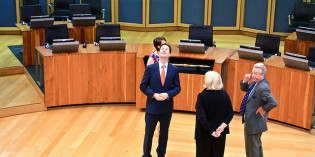
The growth of informal EU decision-making has empowered centrist parties
Legislative decision-making in the European Union is increasingly shifting toward informal secluded arenas, to allow for the early adoption of laws. Edoardo Bressanelli, Christel Koop and Christine Reh assess the implications of this trend for the behaviour of political parties in the European Parliament. They find that informalisation has strengthened the cohesion of the three […]


 Democratic Audit's core funding is provided by the Joseph Rowntree Charitable Trust. Additional funding is provided by the London School of Economics.
Democratic Audit's core funding is provided by the Joseph Rowntree Charitable Trust. Additional funding is provided by the London School of Economics.